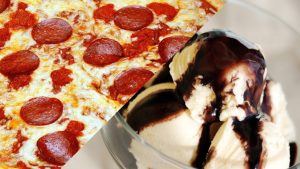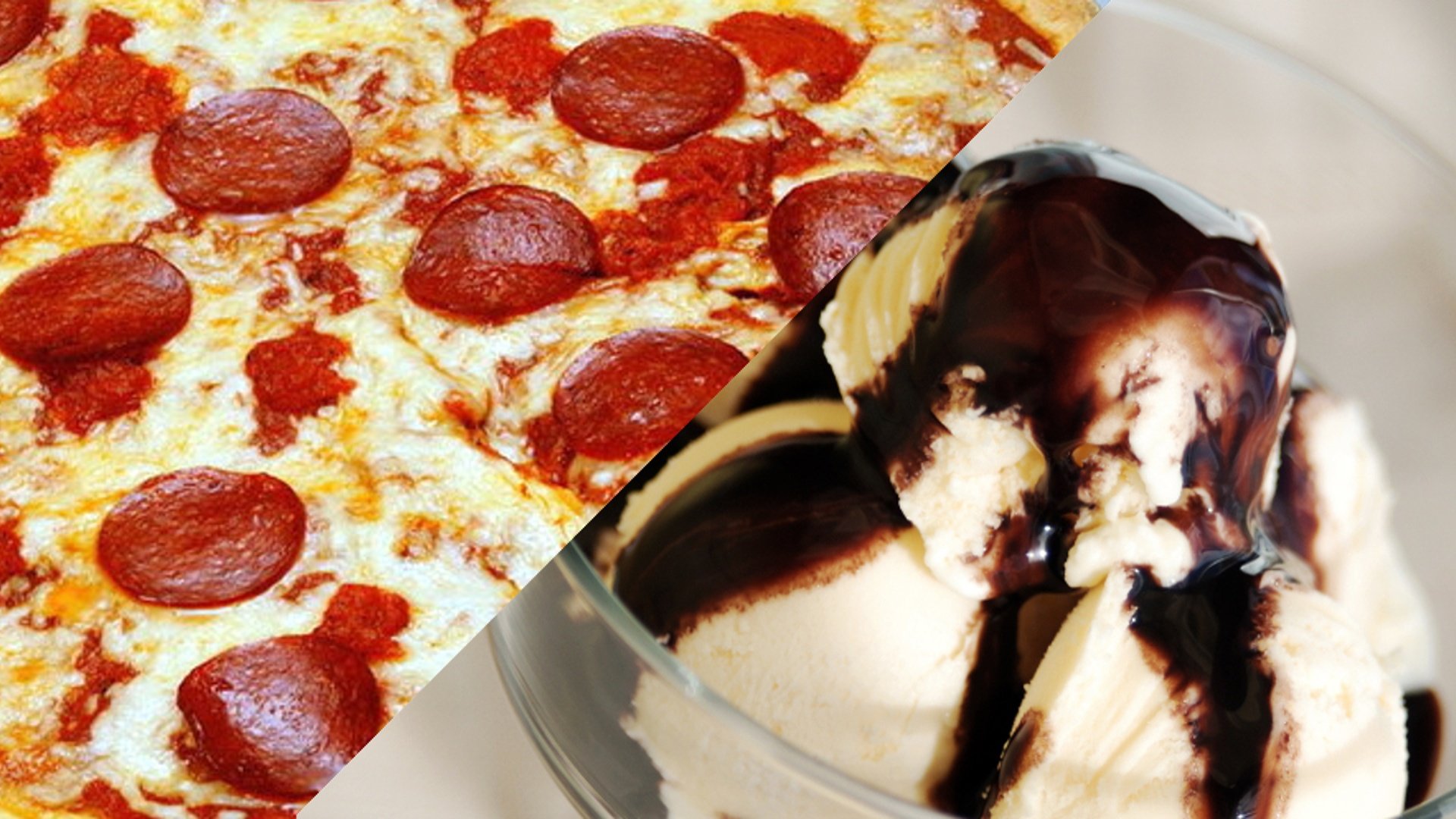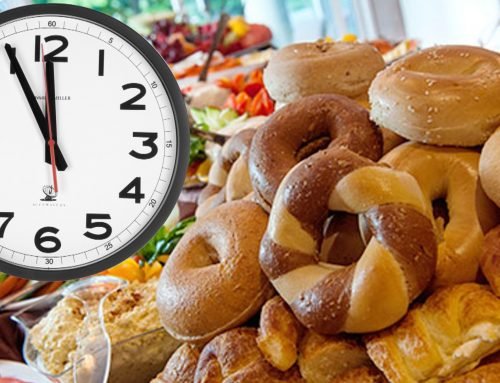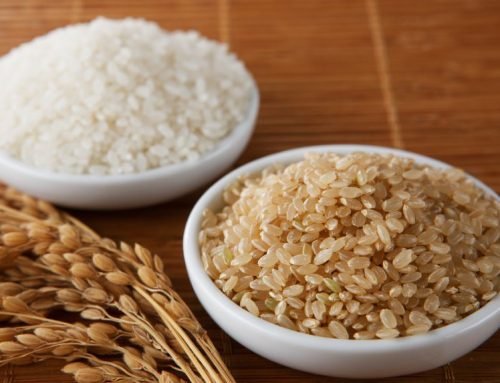I’m going to guess when you saw the title of this article you probably thought “click bait.” Yet you clicked it anyway didn’t you? You may be surprised, however, that it actually wasn’t. I’m going to take this time to make the argument eating pizza and ice cream or any of your favorite foods not only helps you lose weight, but more importantly helps keep it off.

So why does this happen? Well in my honest (and correct) opinion it’s because people don’t lose weight in a sustainable manner. Most people seek out super restrictive plans they could never possibly continue even if they do lose weight they way they want. They cut out all their favorite foods, avoid all social situations where there could be “temptation,” eliminate anything and everything they actually enjoy and almost seek out the most miserable experience possible on purpose. No pain no gain right?
The problem with this approach? Quite simply stated (to quote Paul Mort) “There is no happy ending to an unhappy journey.” What I mean is if what you’re doing to lose weight isn’t something you can keep doing AFTER you lose weight you’re doomed to gain it back. If what you’re doing now isn’t something you can keep doing years down the road, how exactly do you plan to keep it off? And let’s be honest, who’s going their whole life without their favorite foods? Not this guy, it’s just not realistic.

Now this doesn’t mean you shouldn’t base your diet around plenty of nutrient dense foods nor does it mean you should eat nothing but pizza and ice cream, but I do believe you need to allow them in moderation. How do you do this? Through flexible dieting or something called IIFYM (If It Fits Your Macros.) The premise behind flexible dieting is it doesn’t matter what foods you eat. No “good foods vs bad foods” all that matters is whatever you eat fits within your macronutrient requirements. You want a slice of pizza? Go ahead and eat a slice, just fit it into your numbers. Want a scoop of ice cream? You guessed it. What you can and can’t fit completely depends on your current metabolism and your goals.
Of course people love to make the argument that eating one food is better for you than another. That you’re better off eating more vegetables than you are ice cream. Sure, in the context of one food vs another they’re right. My argument is if eating a little bit of ice cream and fitting it into your numbers helps you stay on track, avoid binges, enjoy your diet and sustain it then not only is ice cream just as good but I’d argue in that instance it’s better. You have to keep everything in context.

A flexible approach to dieting over more rigid/restrictive approaches has actually shown lower levels of BMI, decreased overeating, lower levels of depression and anxiety, lower reporting of eating disorders, decreased episodes of binge eating and a higher probability of weight reduction. (2,3,4) When you think about that it really does make sense. Who isn’t happy when they’re eating pizza? Throw on top of that getting to a healthy weight, feeling good, no longer being controlled by food, not feeling GUILTY when you eat your favorite food… What’s not to like???
In fact I’ve been into fitness for several years now. I did the whole “clean eating” thing for a few years. Even for me, someone who loves weight lifting and “being fit,” I could’t sustain it. I told myself for a long time eating the way I did was worth it because it was worth the sacrifice for how I looked and felt. I believed you had to choose between your favorite foods and being in shape. But even after a few years of that lifestyle it became too much for me and I started putting on weight pretty fast. I couldn’t take anymore chicken, quinoa and broccoli out of Tupperware…

Anyway what I was finding was food choices didn’t seem to matter. It wasn’t things like simple carbs vs complex carbs that mattered like I was always told. It was mostly the macronutrient and fiber breakdown of the diet that mattered the most not only for body composition but health markers and satiety as well. (5,6,7) Then I starting discovering material from Dr. Layne Norton which is what really turned me onto flexible dieting and all of the MANY myths there are in the fitness industry.
Now I want you look at the picture below. On the top left was me at my leanest when I was following a restrictive clean eating diet. The bottom left is what I eventually ended up at after I could no longer sustain the restrictive dieting and said to hell with it… The picture on the top and bottom right is me now after following a flexible dieting plan and is what I’m maintaining at today. During that cut there literally wasn’t a single day I didn’t eat at least some form of “dirty” food. This kept me from feeling restricted, made it much easier to hit my numbers and most importantly enjoy my diet. Now I’ve reverse dieted to get my calories back up and am maintaining and loving life.

For more information be sure to subscribe to my YouTube channel.





